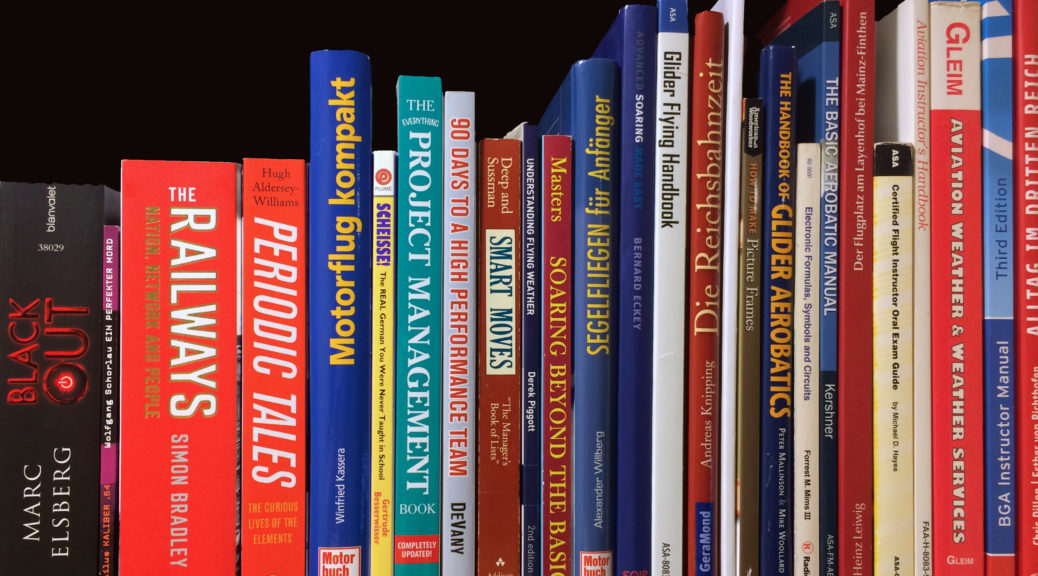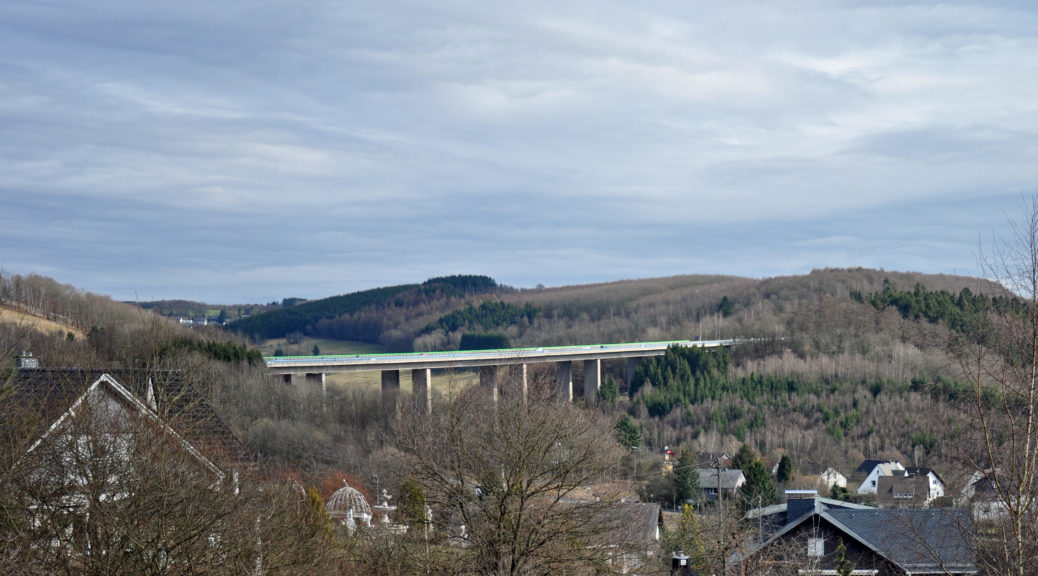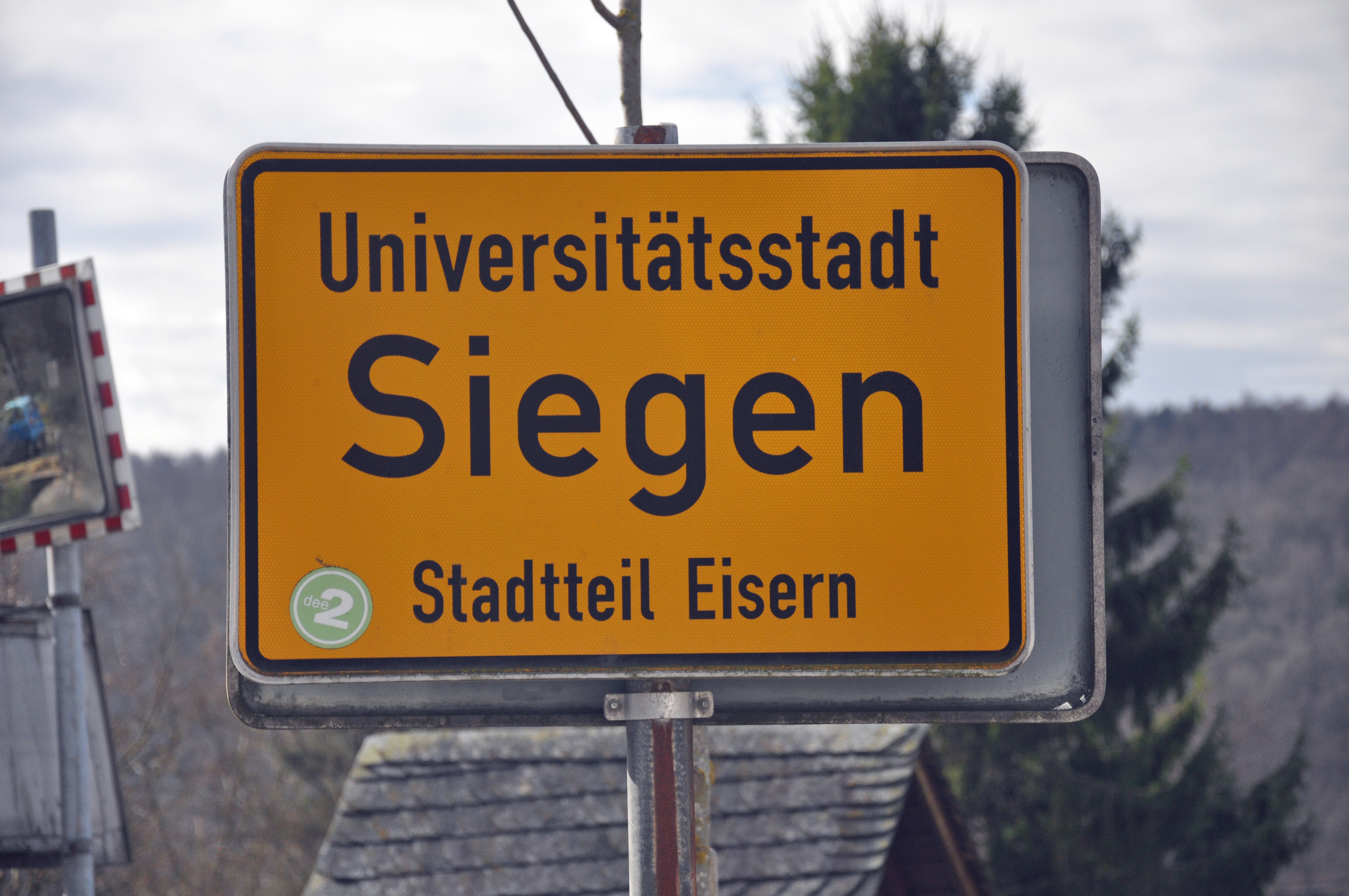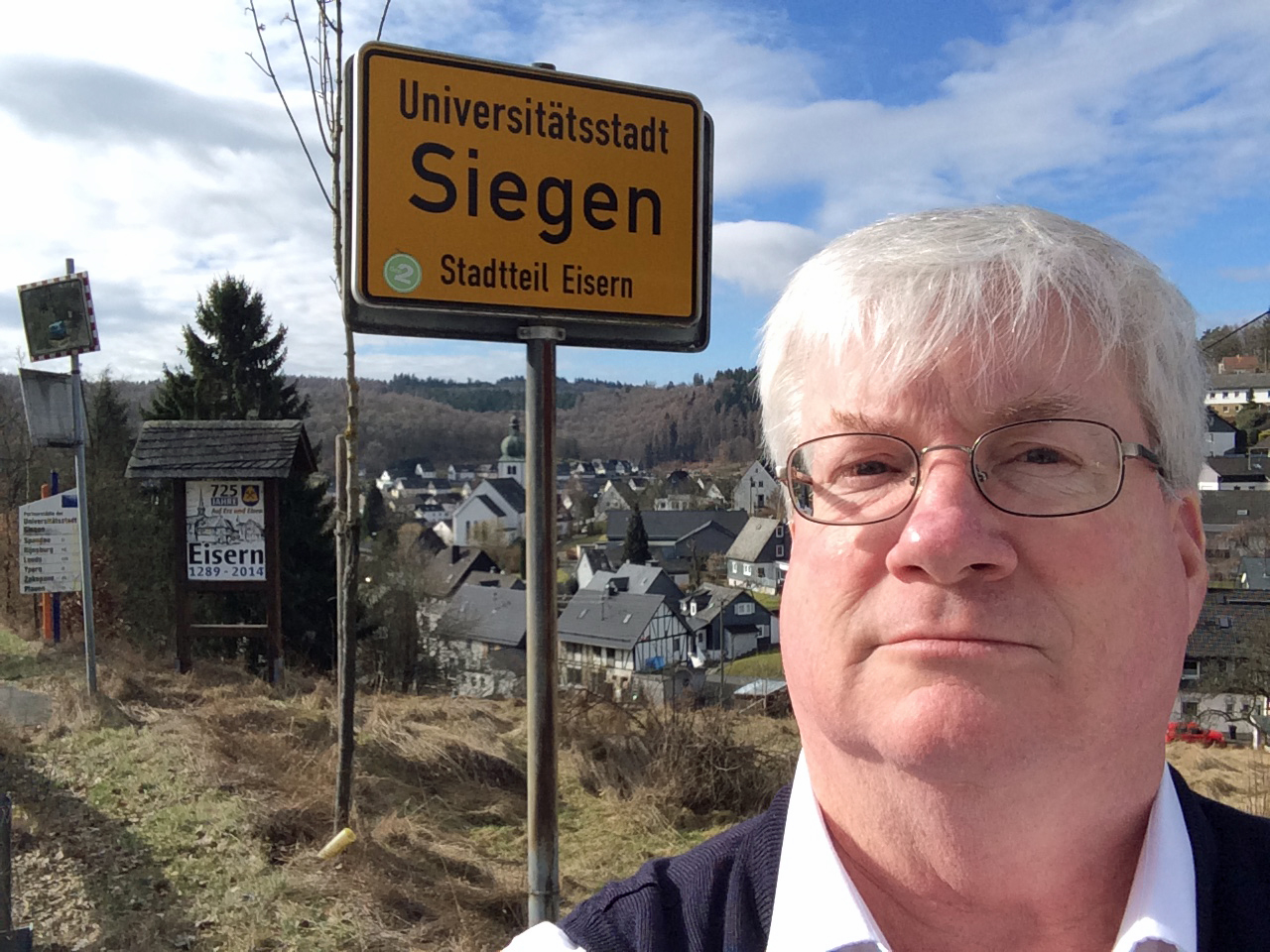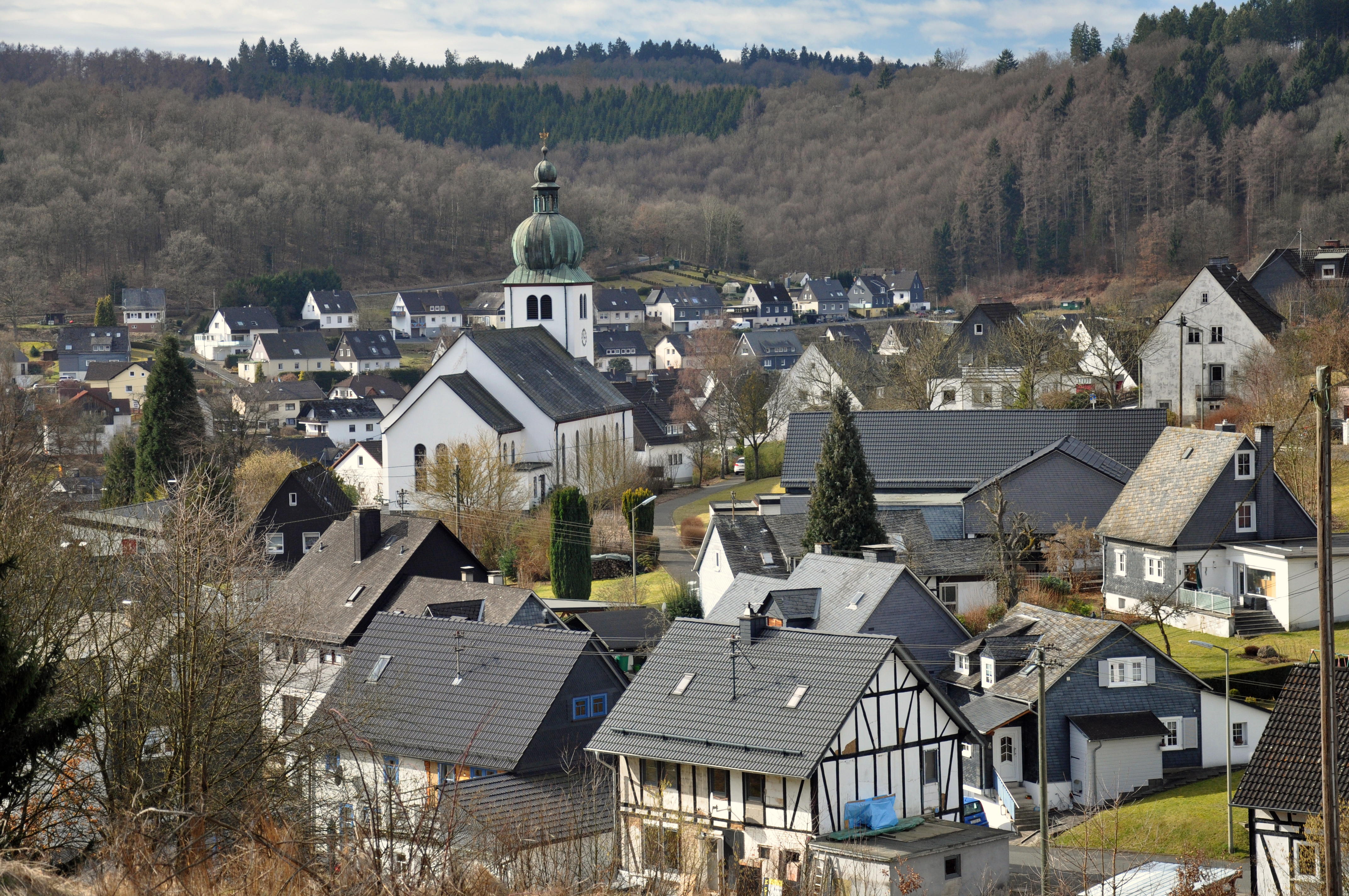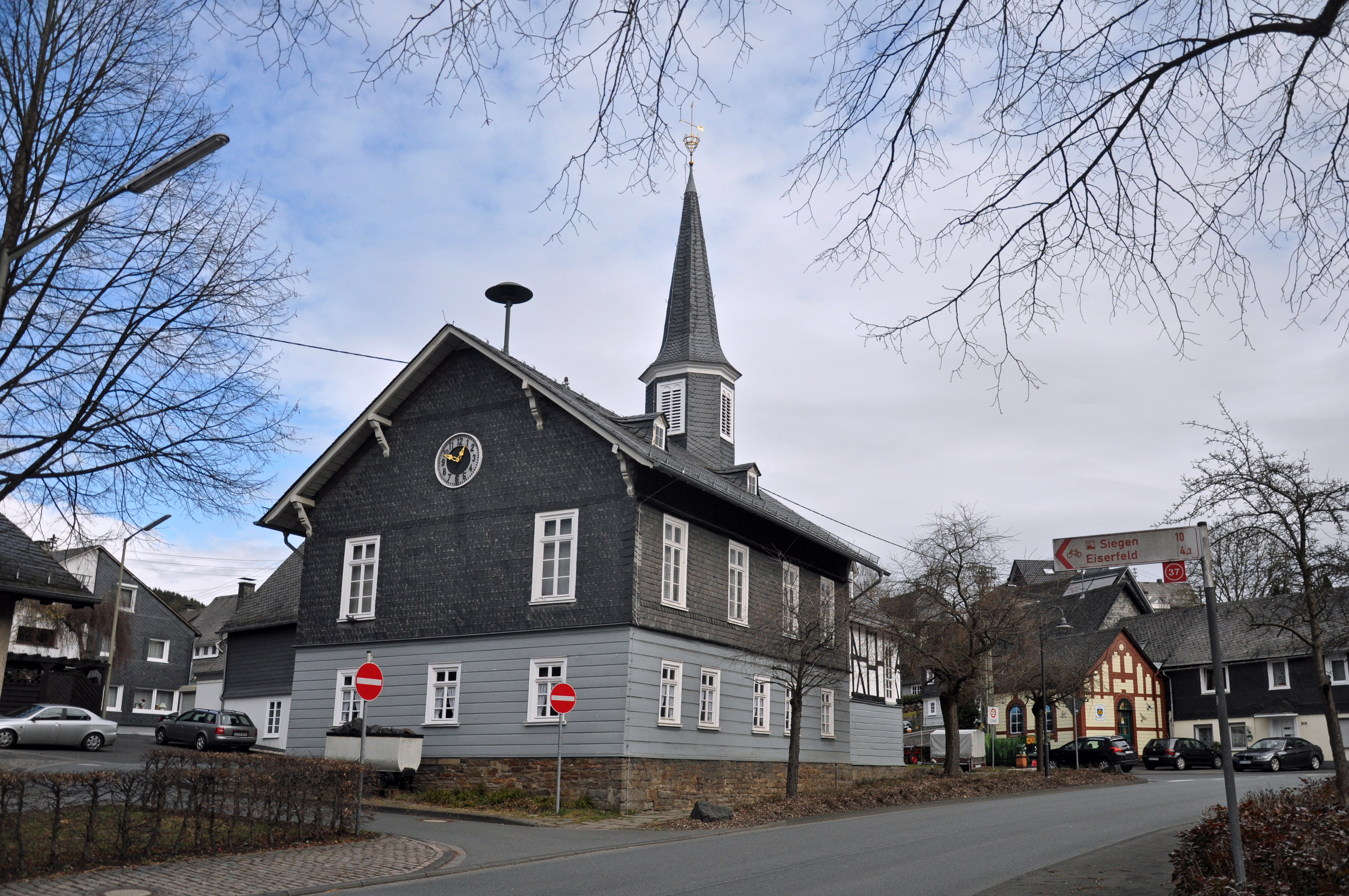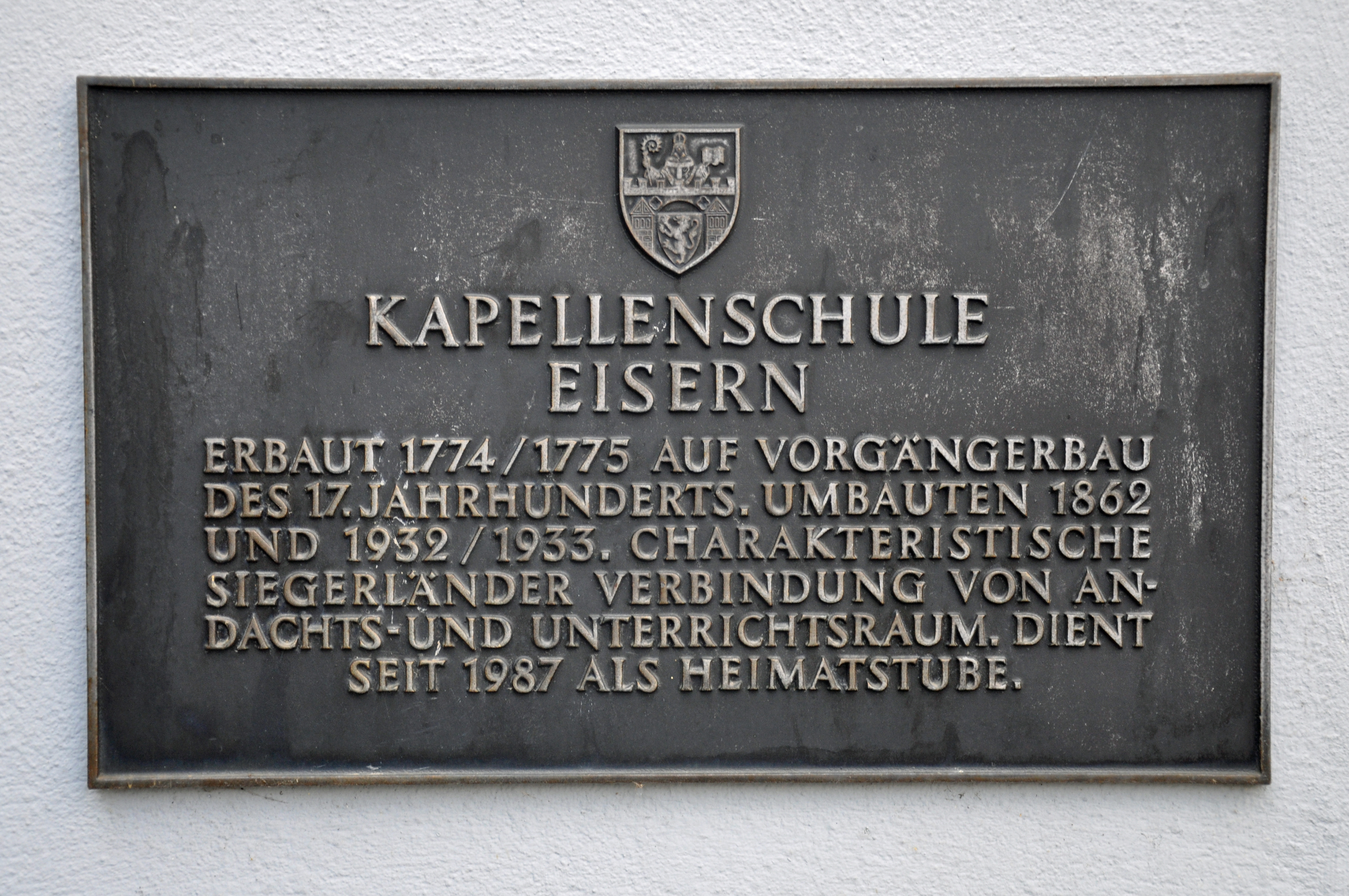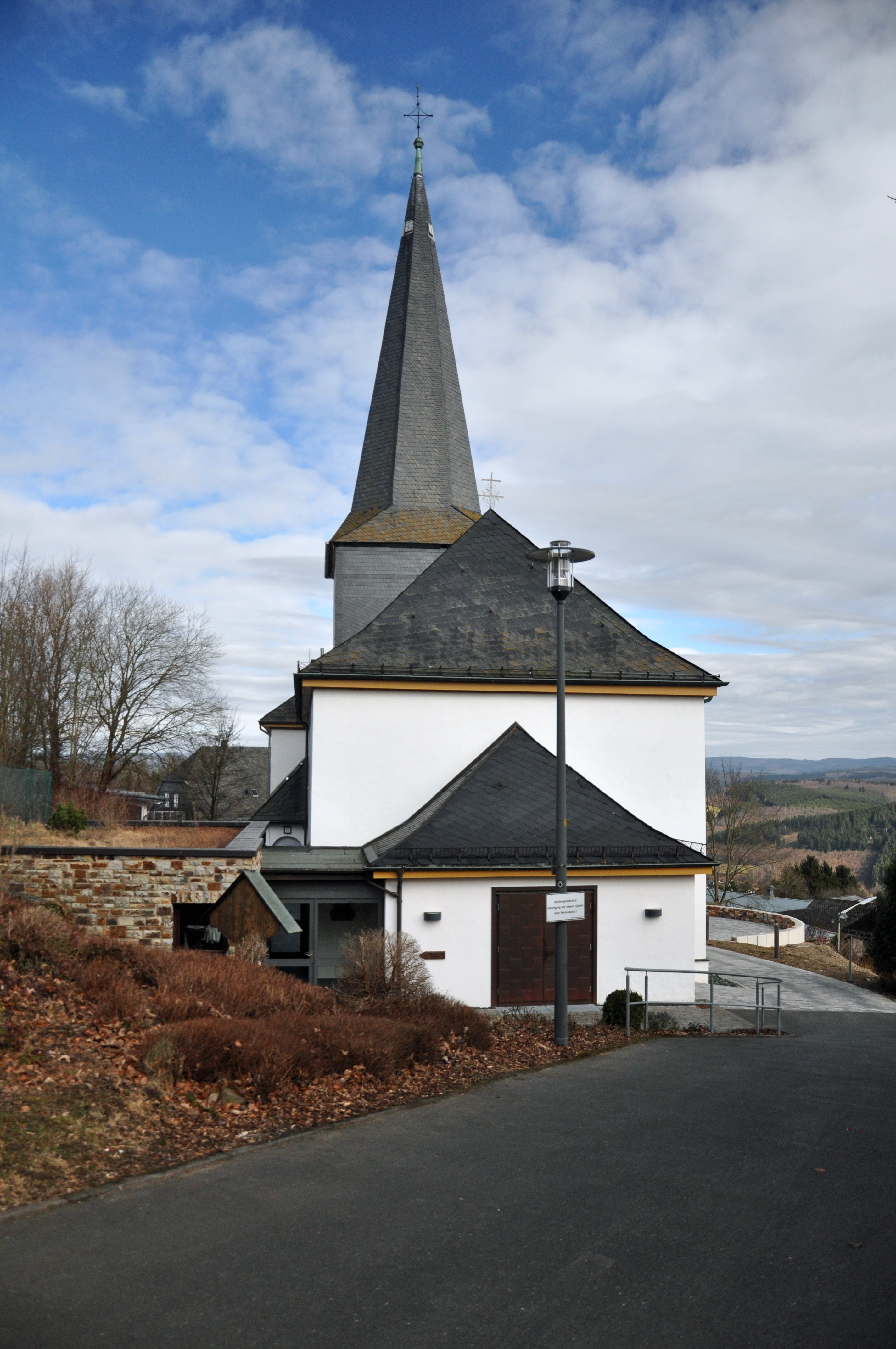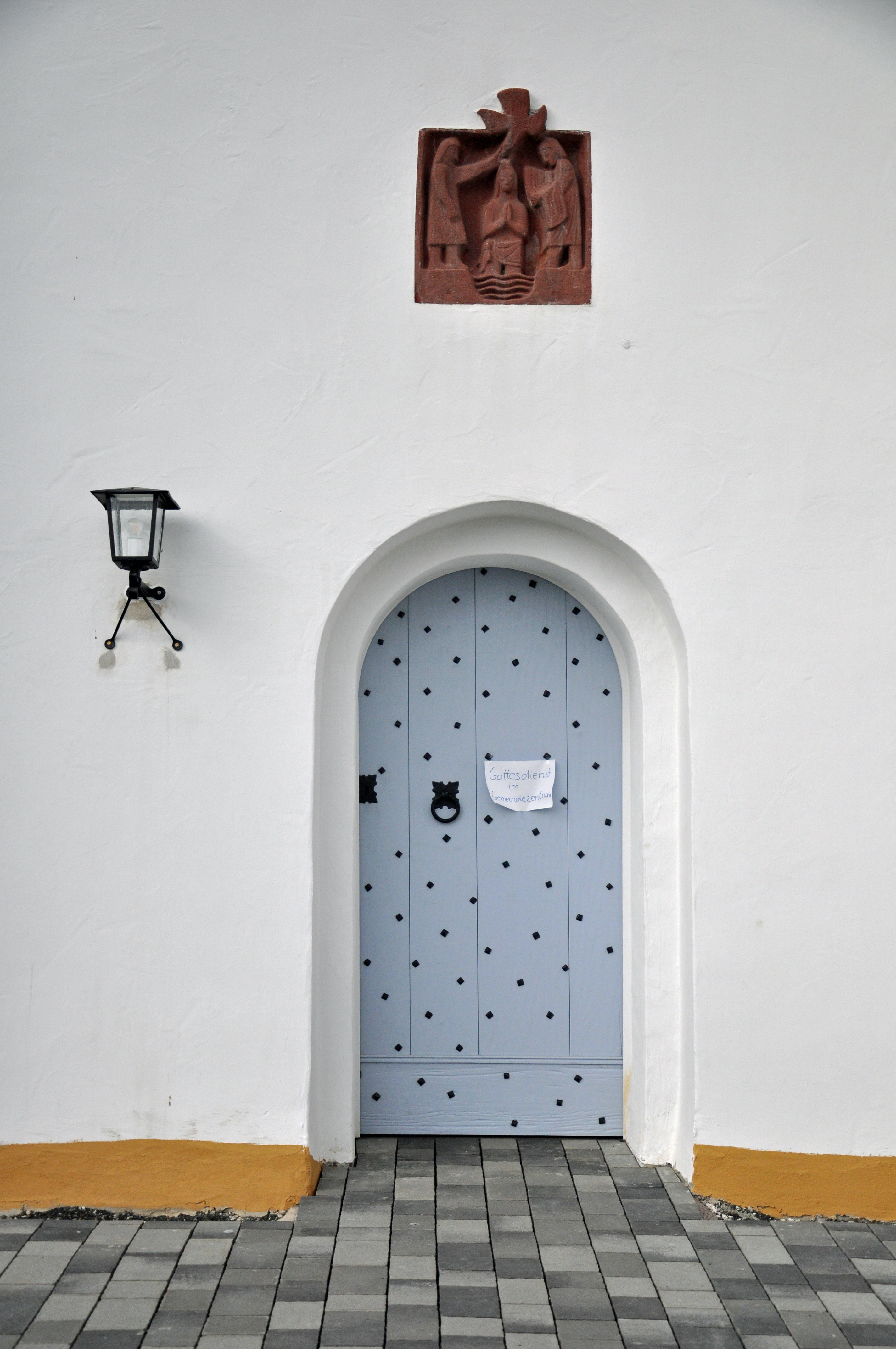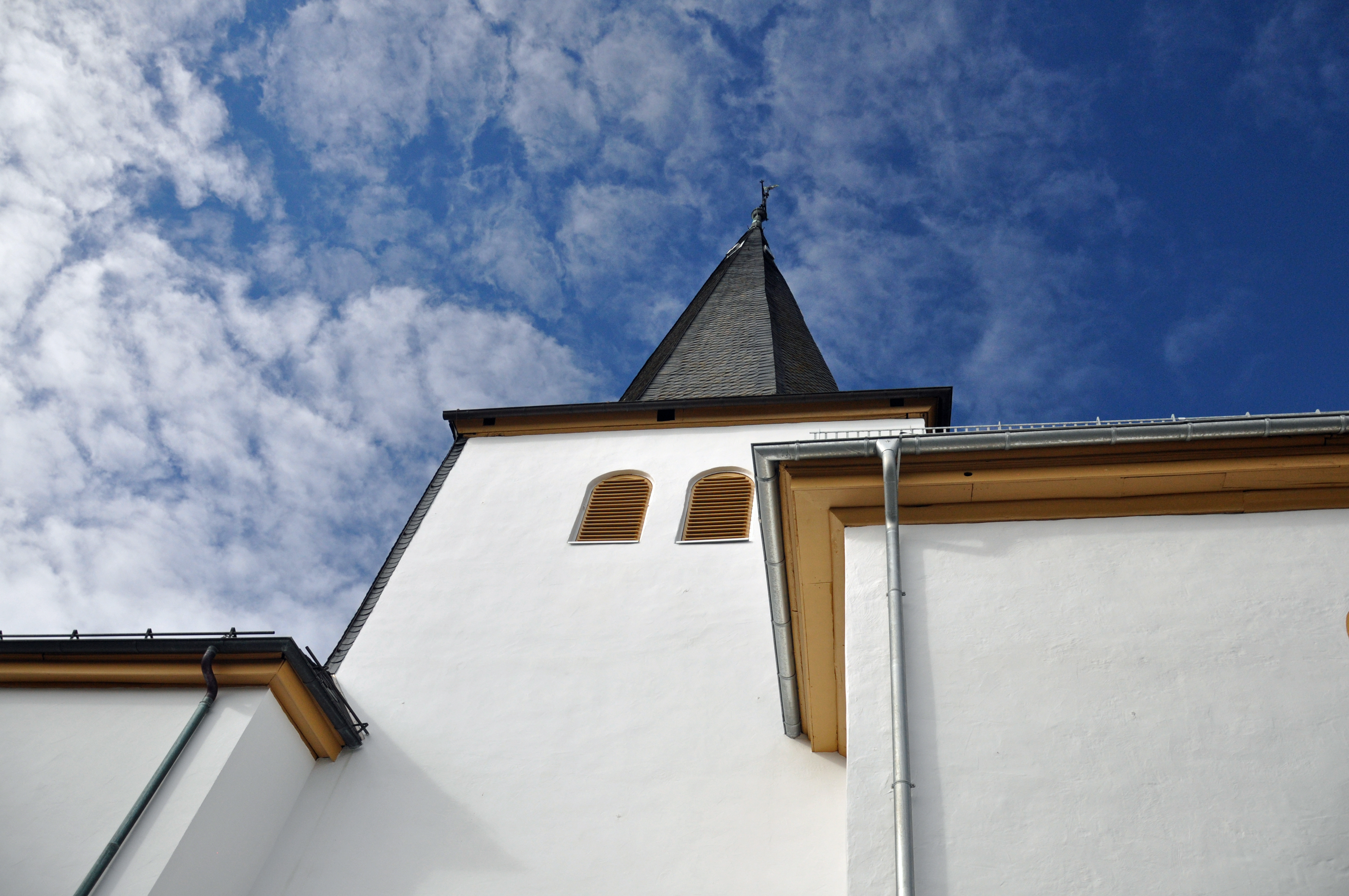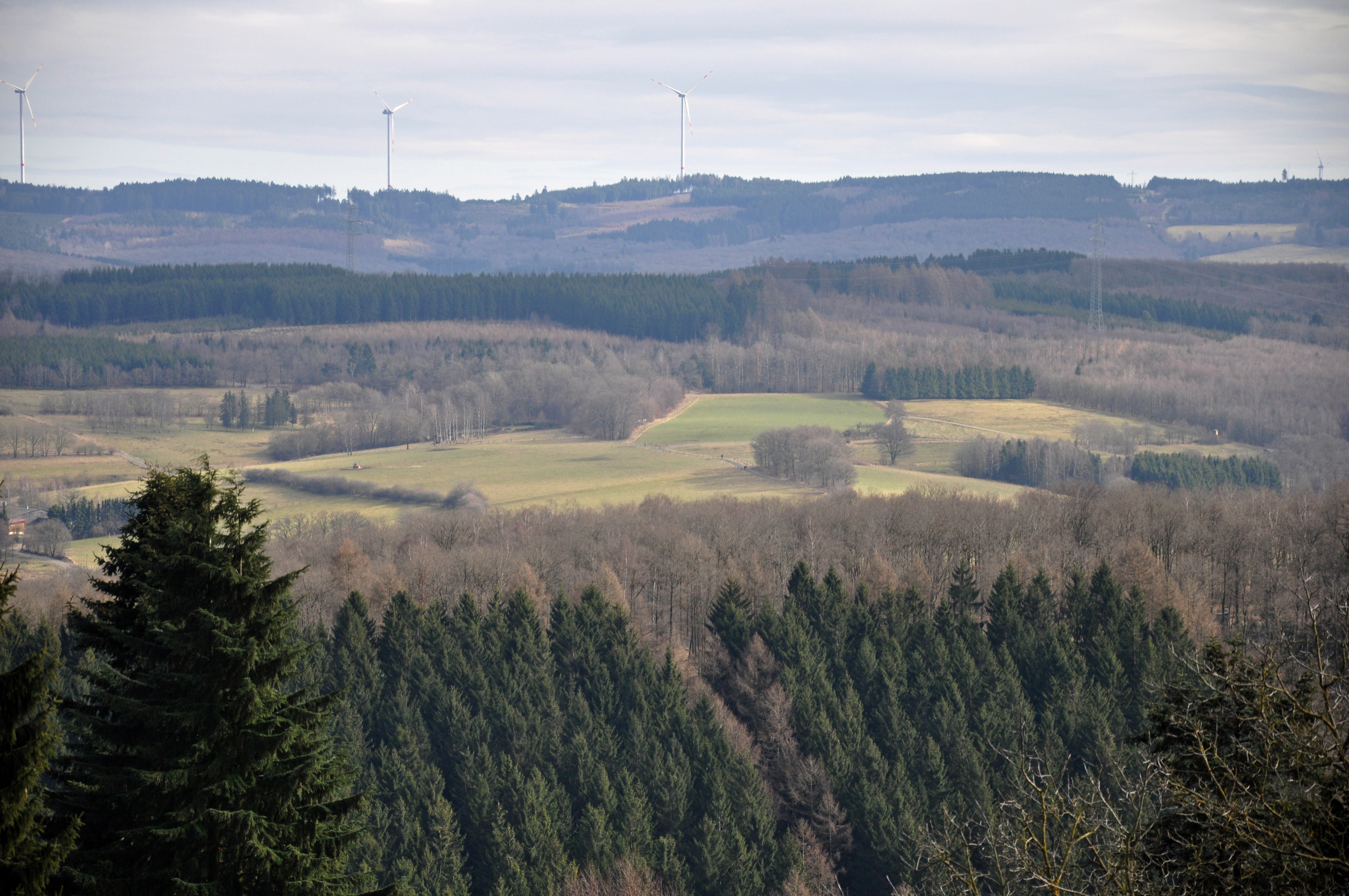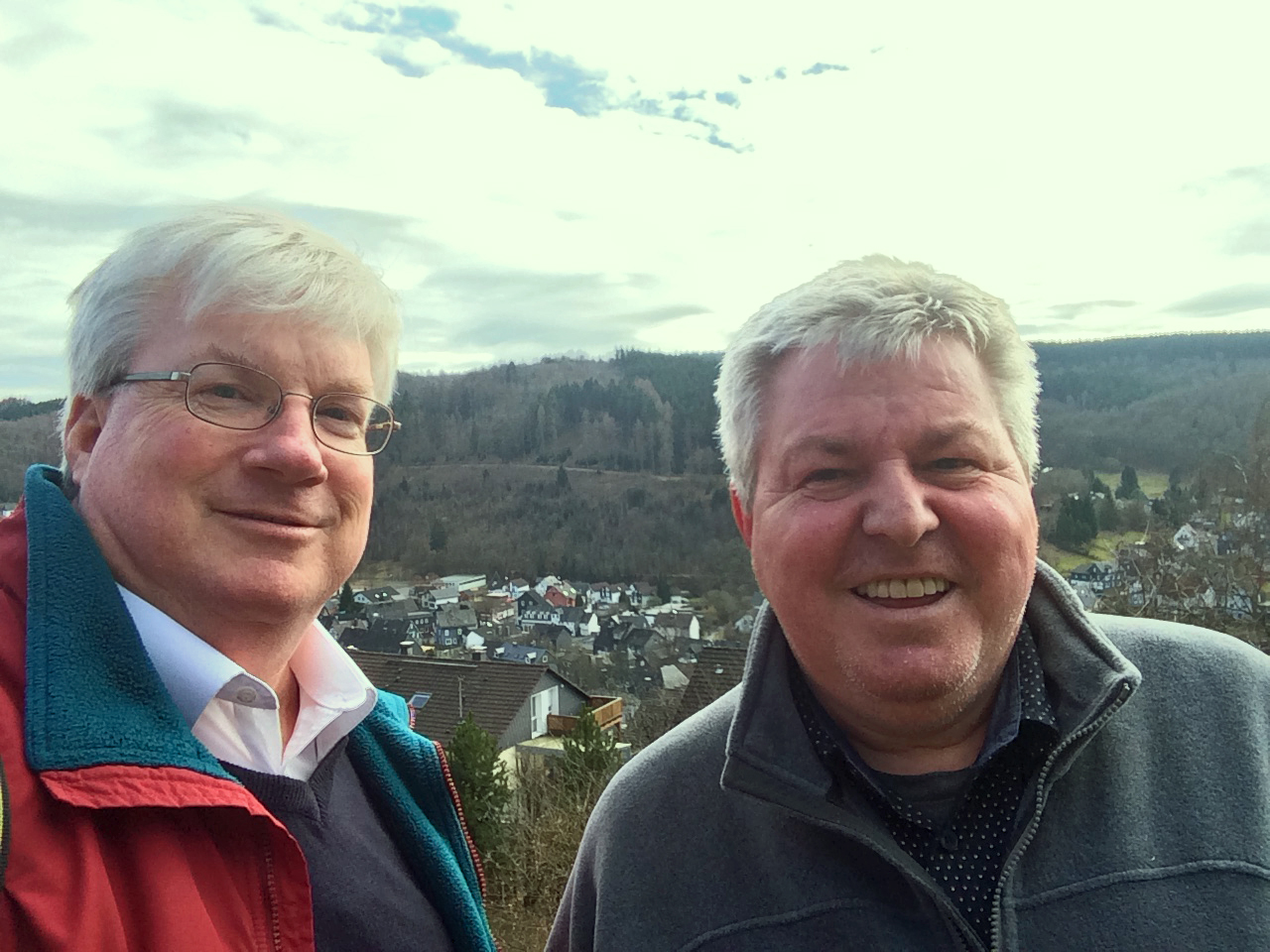I AM FAR behind in updating what I have been reading. In a blatant effort to get rich, I’ll share some of the last several week’s reading with you. The links or cover pictures take you to Amazon. If you happen to buy something, I get a few cents. (After doing this for three years, I’m up almost $4!)
About a year ago I was on one of my regular flying trips to the UK. I saw a book there called Leaving Berlin by Joseph Kanon. I can’t describe exactly why, but I found it interesting, odd, different, a bit darker than my usual reading. Several months later, back in the UK, I found another of his books, Defectors; A Novel. I had the same je ne sais qua feeling about the book, but thought I’d like to read more. On a recent trip, I found Istanbul Passage in a Kansas City book store. Reading up about Kanon on Wikipedia, I learned that almost all his stories take place in the year or so immediately after the end of world war II.
I’ve been to Turkey, though not Istanbul. I have some knowledge of the history, traditions, and culture of Turkey. I rather enjoyed the book. I expect I’ll eventually work my way through all of his books:
Sometimes at the book store I see a name that gets my attention because I’ve read most of that author’s books and am looking forward to the next one. When I see D… Brown I have to think for a second – “Is that Dale Brown or Dan Brown?” Dale – Flight of the Old Dog – Brown’s books are completely different from Dan – DaVinci Code – Brown’s books. Doesn’t matter, they’re all great!
I’ve just finished Dan Brown’s Origin. Read it. That’s all I can say.
Scott Turow has been writing really good lawyer stories for years. His latest, Testimony, takes place in an interesting international environment instead of small town America. I’d say Origin, above, is a bit more riveting. But this is definitely worth a read; it will keep your attention.
The three novels listed above might make you think I’m slacking off on my promise over the last year to continue to raise the caliber of what I’m reading. I also have three non-fiction books to mention.
Some months ago I saw a reference to Nicholas Stargardt’s book Germany at War; A Nation Under Arms, 1939-45. This book focuses on the stories of several real people or families during the course of the war. Rather than discussing grand strategy or the general staff, it describes the every day life for soldiers on the front and family or civilians at home. Very well done. If you have an interest in this era take a look:
As I write this, I am reading two completely unrelated books, a biography that became a movie recently and an aviation safety book. Both are interesting and attention-keeping. (OK, I’ll admit that the aviation safety book isn’t for everyone…)
